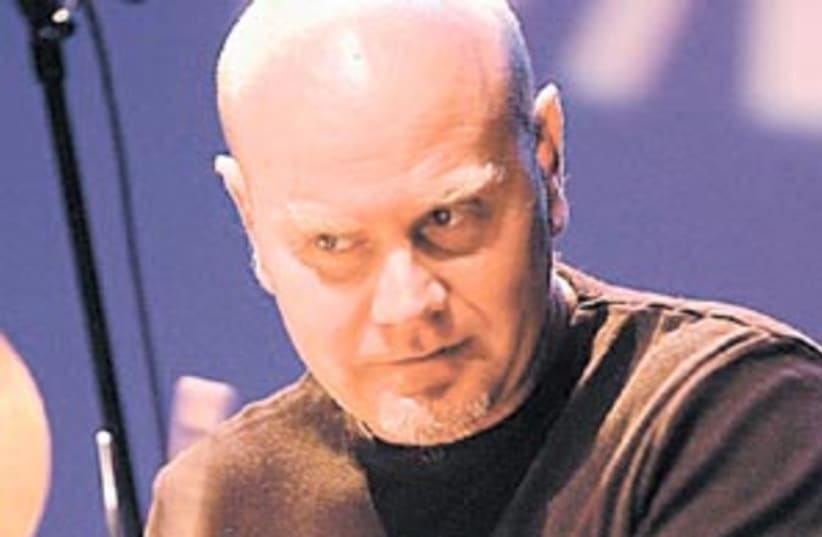| More about: | Ornette Coleman, John Coltrane, Led Zeppelin, Jimi Hendrix |
Drumming up 'hot jazz'
Unconventional Italian drummer, Roberto Gatto, crosses barriers with his unique jazz sound.


| More about: | Ornette Coleman, John Coltrane, Led Zeppelin, Jimi Hendrix |